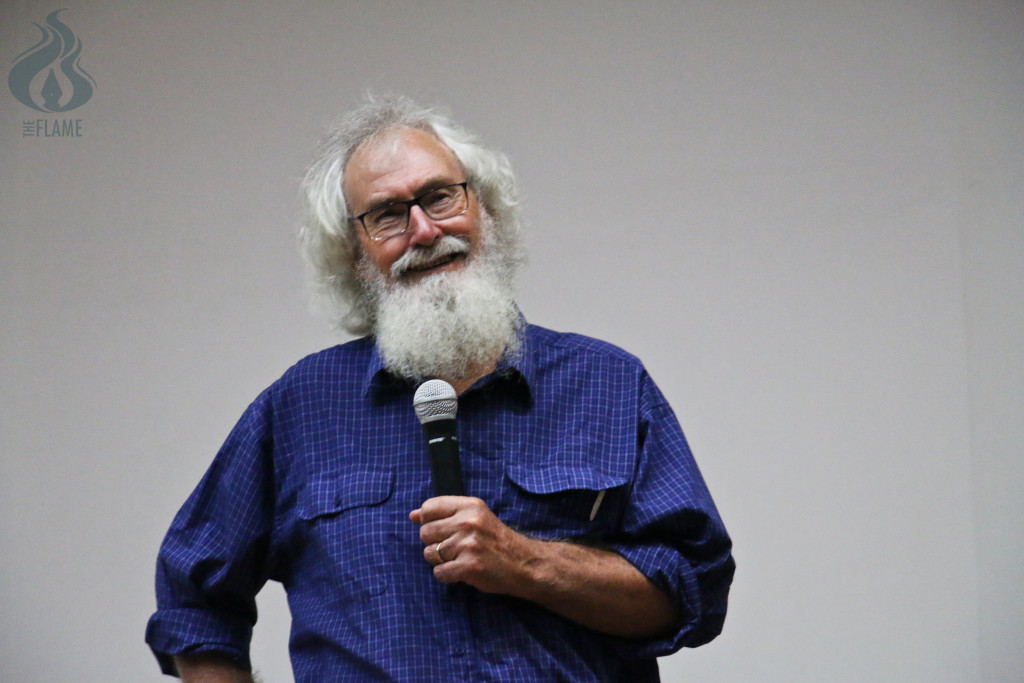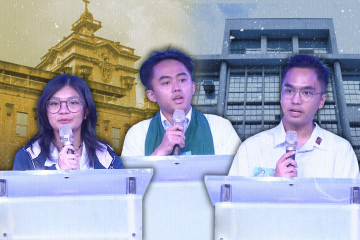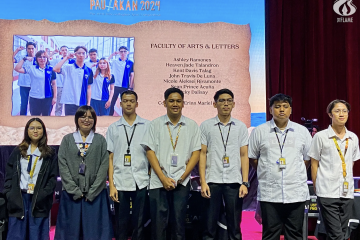
AS ARTIFICIAL intelligence (AI) or “superintelligence” may negatively affect the human race in the future, it is important to carefully weigh its pros and cons, an Australian computer ethics professor told Thomasians in a lecture held Wednesday.
“Artificial intelligence and machine learning will create computers so sophisticated and godlike that humans will need to implant “neural laces” in their brains to keep up,” John Weckert said, quoting Tesla Motors and SpaceX Chief Executive Officer Elon Musk.
AI was first proposed in 1956 as part of a computer science that exhibits the characteristics of human intelligence. Neural laces are biochemical computer implants which regulate the flow of gland secretions to enhance body functions and responses.
He added that AIs have the tendency to take over jobs of doctors and lawyers which could lead to problems.
“[If] we get advice from a machine, it’s not fine; it’s unclear. If they give advice, they won’t be held responsible. If there is no responsibility involved, absolutely zero, then that would be a problem,” Weckert said.
Examples of AI are classified into two—weak and strong. Weak AI like calculators and closed-circuit televisions focus on one task and solve problems intelligently while strong AI such as human-like robots exhibit behavior and capability that are functionally equal to that of humans.
AI may be a good development but it lacks human qualities as it can only choose actions for humans without considering the moral views of man, Weckert added, citing Massachusetts Institute of Technology professor Joseph Weizenbaum.
“The consideration of artificial intelligence and robots can shed light on what it is to be human,” Weckert said. “[But] one of the reasons that some people think that artificial intelligence is impossible is that humans don’t access knowledge [easily and that we have to] use reason.”
The lecture titled “Ethics and Information Technology: Back to the Beginning” was organized and co-sponsored by the UST Office of the Rector for Research and Innovation, Faculty of Arts and Letters Department of Philosophy, Institute of Information and Computer Sciences, and Center for Religious Studies and Ethics. F ANGELQUE ANNE F. TORRES



